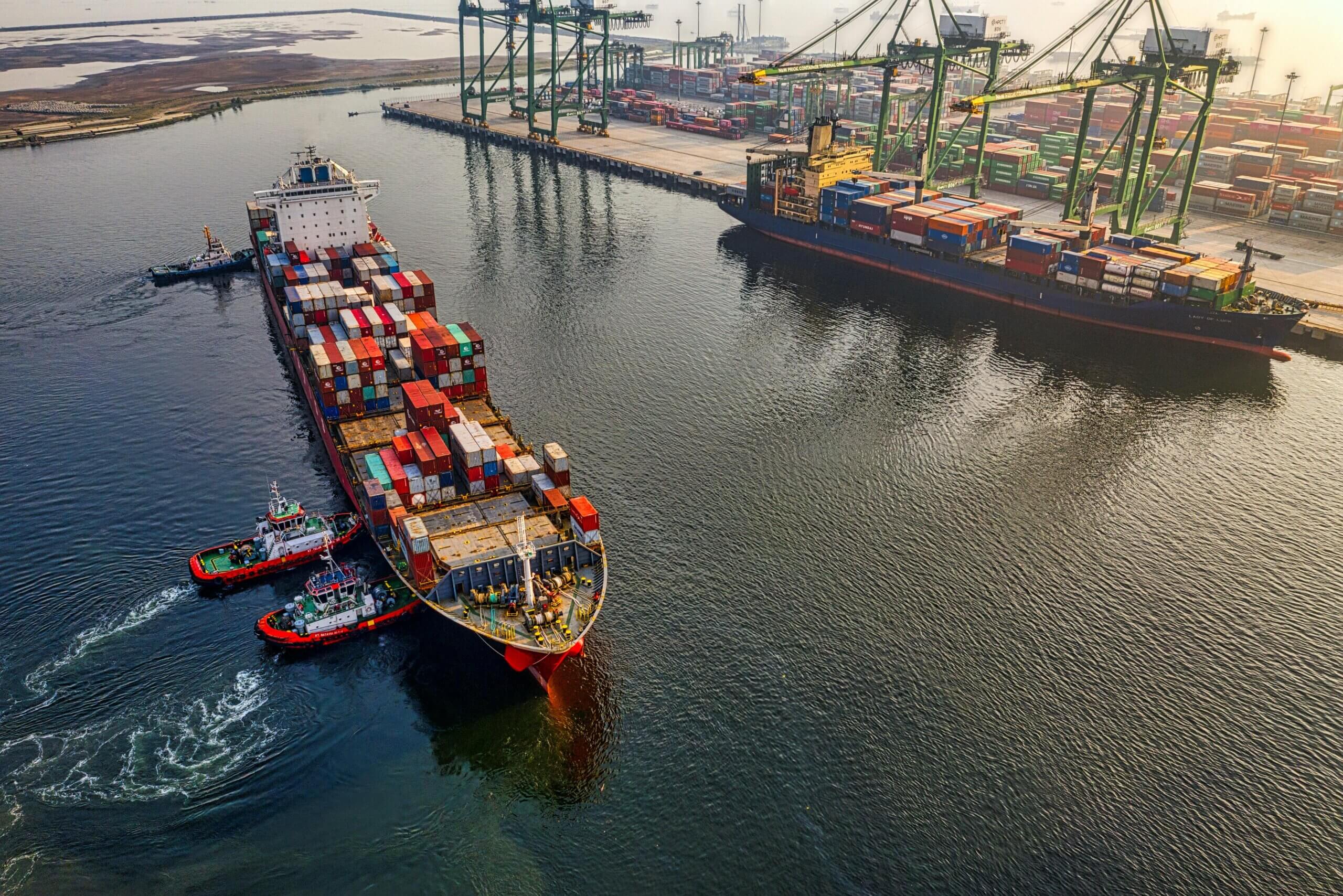Developed by Toyota Motor Corp. five decades ago, a just-in-time (JIT) manufacturing strategy minimizes the need for on-hand inventory and saves dramatically on storage costs. With this lean manufacturing approach, the plant receives shipments of raw materials and parts just as it’s about to start production. Manufacturers have embraced this strategy because it avoids keeping capital tied up in safety stock and supports a speed-to-market strategy for converting finished product into sales. Today JIT manufacturing is a pervasive operating practice that’s used in most factories.
Timely Deliveries are Key to JIT Manufacturing
Aligning raw-material and parts orders with production schedules calls for reliable, on-time deliveries from the supplier to the factory. Any supplier delivery that’s late — or early — throws off tight production schedules and, in worst cases, even idles the factory. If a manufacturer has real-time visibility into a shipment in transit, it will be in a much better position to respond to changes in supplier delivery times and will be able to make needed adjustments to keep production lines running.
The Blindspot of Prepaid Shipments
Historically, the problem for JIT manufacturers is that they have not had in-transit visibility over all of their supplier shipments. When the manufacturer buys the transportation from the supplier, visibility over the inbound shipment comes with freight control. That’s not the case with prepaid freight as the supplier arranges and pays for the haul to the factory. For many manufacturers, supplier-managed shipments can account for half of all inbound freight.
So, even though the supplier and factory may have agreed on a time and date for prepaid freight delivery, as often happens, the carrier bringing the freight encounters an unexpected problem during transit such as traffic congestion or bad weather. If this happens, the factory may not be alerted of any delay until the carrier operator informs them.
The current problems that many global manufacturers are experiencing during the ongoing Covid-19 pandemic with supply shortages only reinforces the need for in-transit visibility. With clogged ports constraining throughput for cargo unloading, and a shortage of ocean containers, suppliers have not been able to maintain reliable delivery schedules.
JIT Manufacturers Need Total Inbound Visibility
At project44, we believe that JIT manufacturers must have a detailed and real-time view over all inbound supplier shipments for this production strategy to work as intended. Our new solution “Supplier Visibility” gives JIT manufacturers a real-time view over prepaid shipments from their suppliers. When a manufacturer’s supplier connects to the project44 network, the manufacturer gets access to real-time container tracking data for inbound shipments of prepaid freight. By having visibility over prepaid shipments during their journey to the plant, the factory managers can be alerted of deviations in scheduled delivery times and take action to mitigate problems occurring from off-schedule inbound shipments.
A Complete Picture of Supplier Shipments
With the visibility over prepaid shipments, Just-In-Time manufacturers finally have a complete real-time picture of what’s coming into the factory from their suppliers. As a result, the JIT manufacturer gains the flexibility and agility to adjust production to keep the factory up and running at its full potential.



